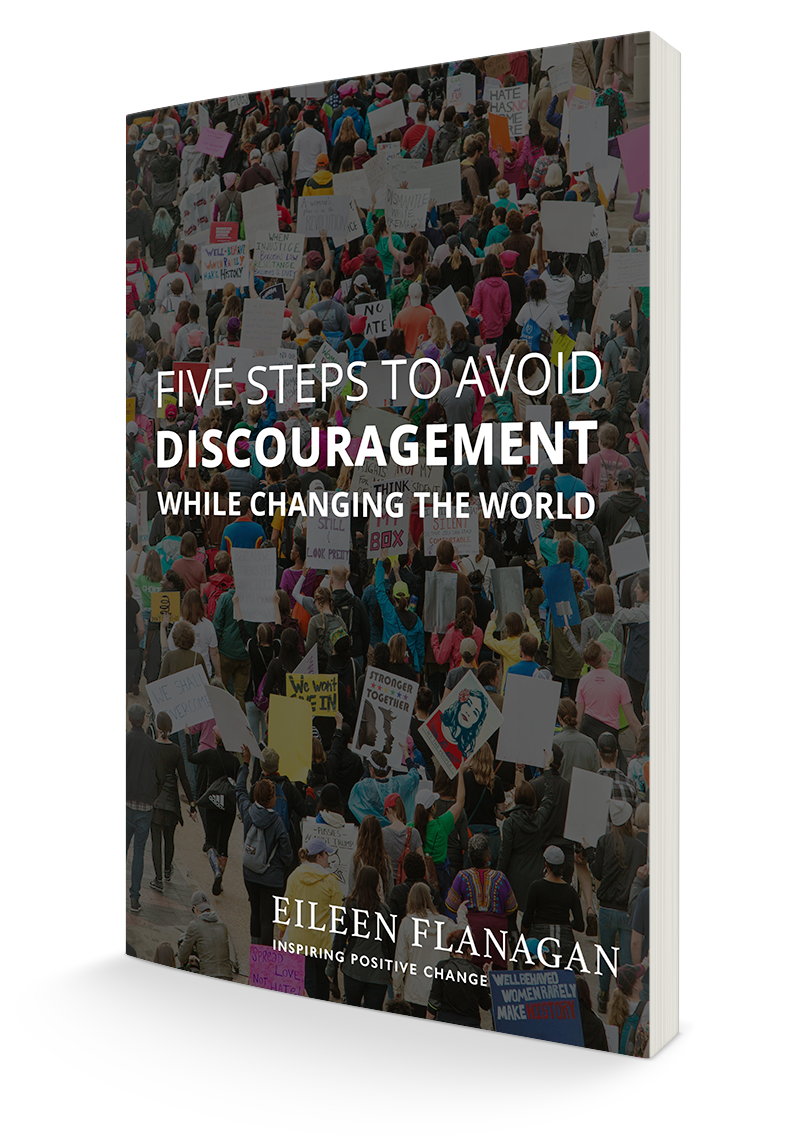Quakerism in a Nutshell
Quakers (also known as Friends) often speak of “that of God in everyone” to sum up the idea that each of us is connected to the Divine Spirit and can feel its guidance in our lives directly, without the need of a priest or minister. Quakers have also long held that faith should be expressed in the way we live, not just our words. These two convictions have led Quakers to what are called Testimonies: Peace, Equality, Simplicity, Integrity, Community, and Stewardship. As a result, Quakers have played important roles in many social justice movements, from abolition and women’s suffrage to the civil rights and environmental movements. A brief history and explanation of the testimonies can be found on the Earlham School of Religion website.
Be patterns, be examples in all countries, places, islands, nations, wherever you go, so that your carriage and life may preach among all sorts of people, and to them. Then you will come to walk cheerfully over the world, answering that of God in every one.
Like many religious groups, Quakers have had splits and theological divisions over the years. As a result, there are branches of Quakerism that feel very different from each other, both in their form of worship and in the religious language that they use. Eileen Flanagan belongs to the more liberal “unprogrammed” tradition, referring to a form of worship where people gather in silence, rather than a planned service with a preacher. They are not directly related to the Amish and most dress more or less like their non-Quaker neighbors, except for maybe being less extravagent about clothes.
If you are interested in visiting an unprogrammed meeting for worship in the US or Canada, you can find one here. If you’d like to read more about Quakerism, check out this accessible introduction, Letters to a Fellow Seeker by Steve Chase, or Friends Journal for articles on contemporary Quaker experience.


